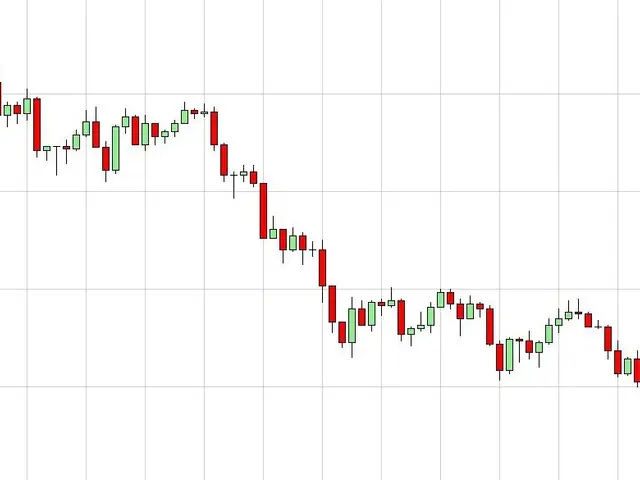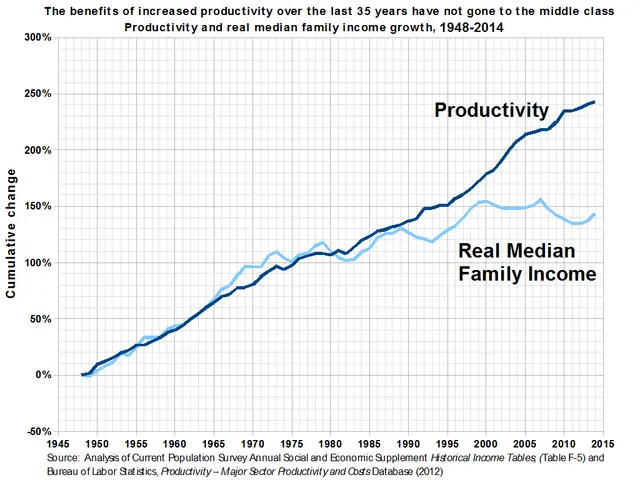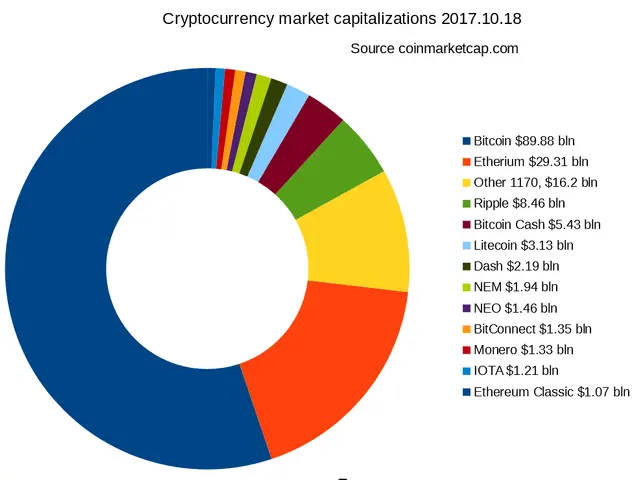"We will surpass Italians in textile brand dominance until my retirement."
In the third most popular podcast episode of 2025, Ricardo Silva, a chemical engineer and the executive president of Tintex, a company founded by his father in Vila Nova de Cerveira, expressed his belief that it's only a matter of time before Portugal has a major fashion brand.
The podcast, which featured sound design by Gustavo Carvalho and Hugo Oliveira, delved into the potential for Portugal to join the ranks of global fashion powerhouses like Zara, Inditex, Max Mara, and Fendi. However, Portugal currently lacks such a conglomerate, primarily due to historical, economic, and industrial scale factors.
The Portuguese fashion industry is notable for its strong textile industry and sustainable manufacturing practices, but its focus has been more on textile manufacturing and niche production rather than developing internationally dominant brands. Despite this, the industry is currently evolving with increasing attention to sustainability and innovation, positioning Portugal as a significant manufacturing hub.
The podcast episode, which also boasts photography by Tomás Almeida, did not provide any specific details about a possible major fashion brand in Portugal. However, it highlighted the potential for a homegrown brand to rise and compete on a global scale, influenced by differences in investment, market strategy, and brand development capacity.
Elisabete Miranda, a journalist, and Pedro Lima, the deputy economy editor, were also involved in the production of the podcast episode. While the exact roles of Gustavo Carvalha, Hugo Oliveira, and Tomás Almeida in the podcast episode are not specified, their contributions undoubtedly added to the engaging and informative discussion.
As Portugal continues to focus on sustainability and innovation in the fashion industry, the potential for a major fashion brand to emerge remains on the horizon. Whether this will be the case remains to be seen, but the podcast episode serves as a thought-provoking conversation about the possibilities and challenges that lie ahead for Portugal's fashion industry.








